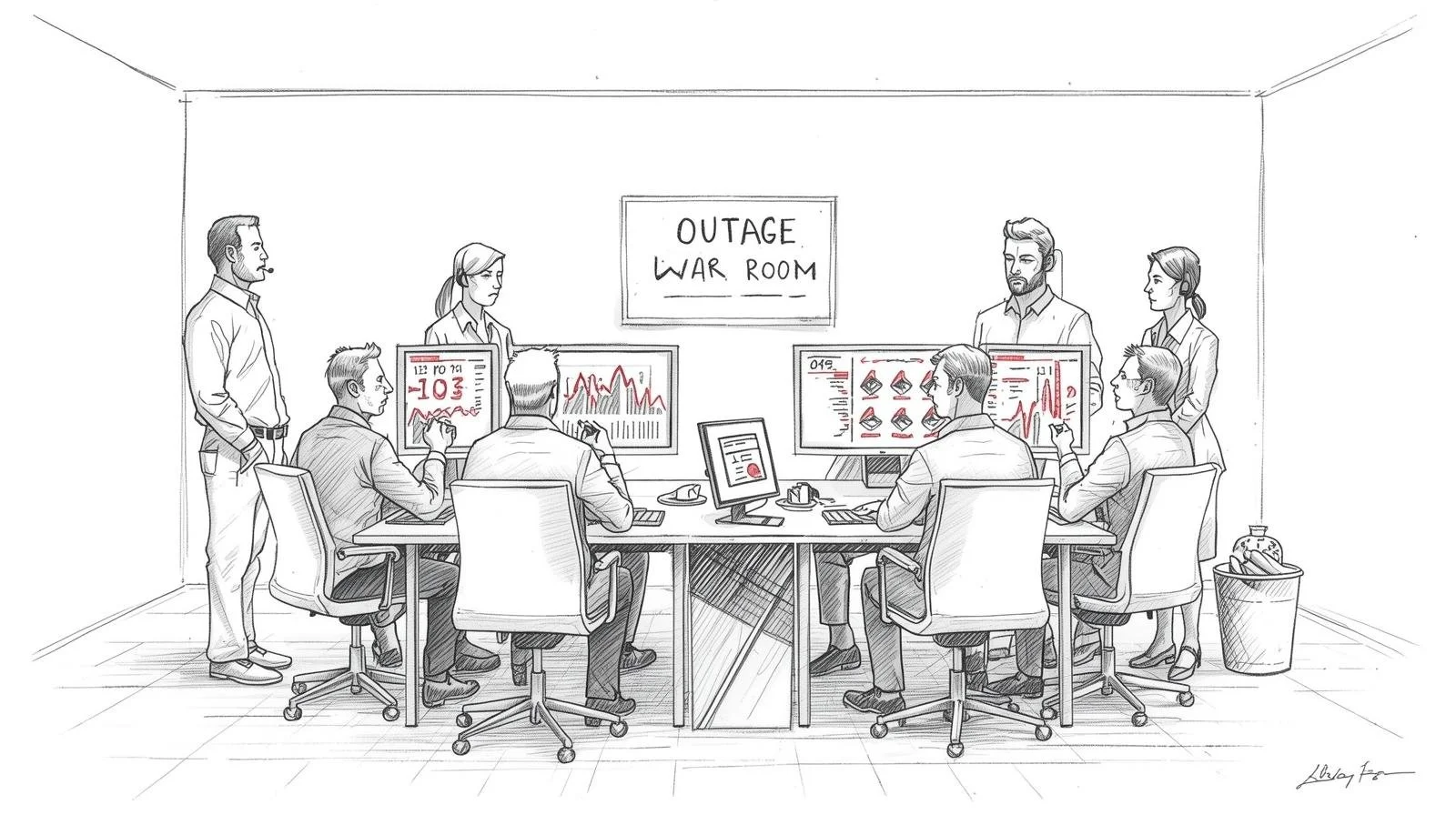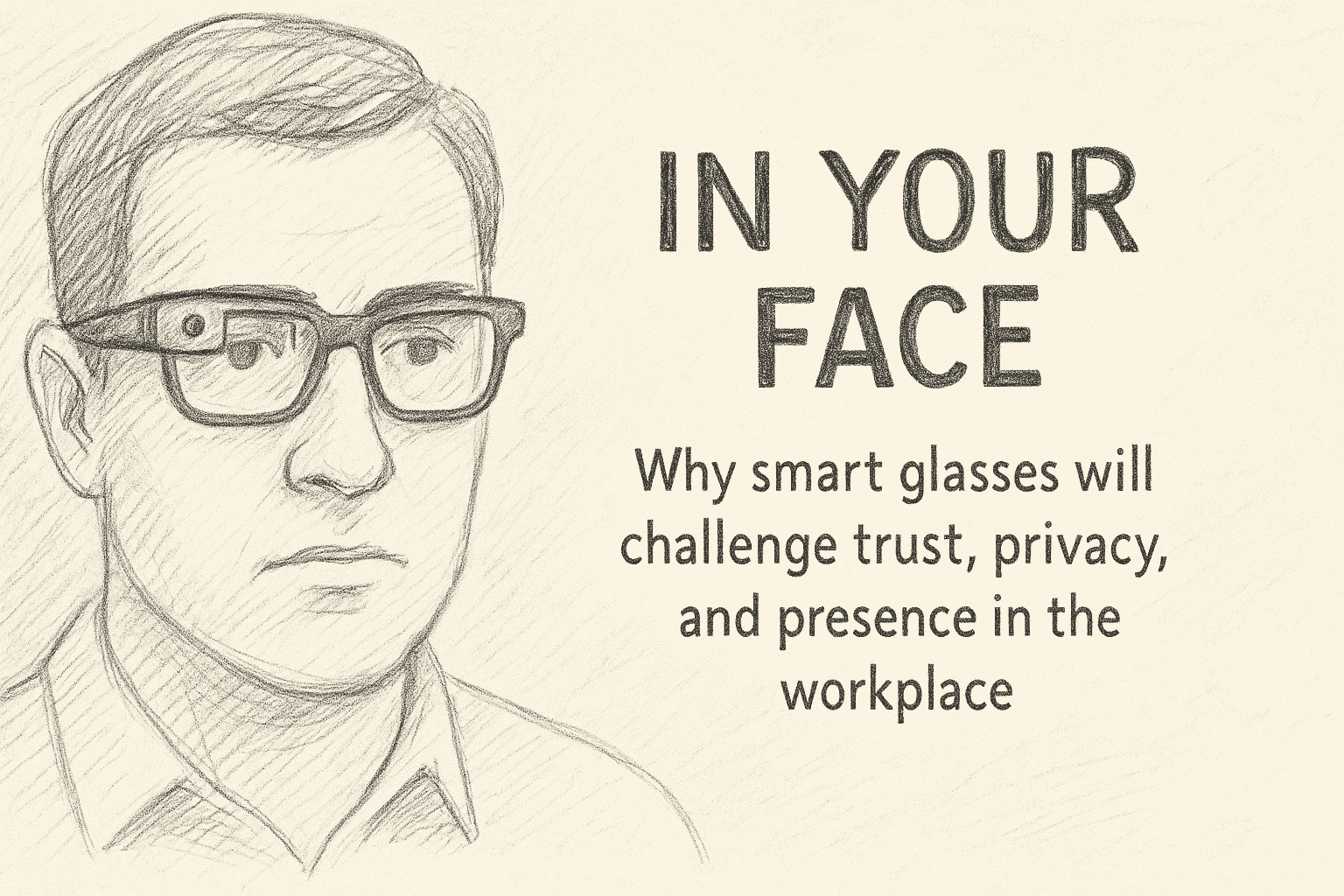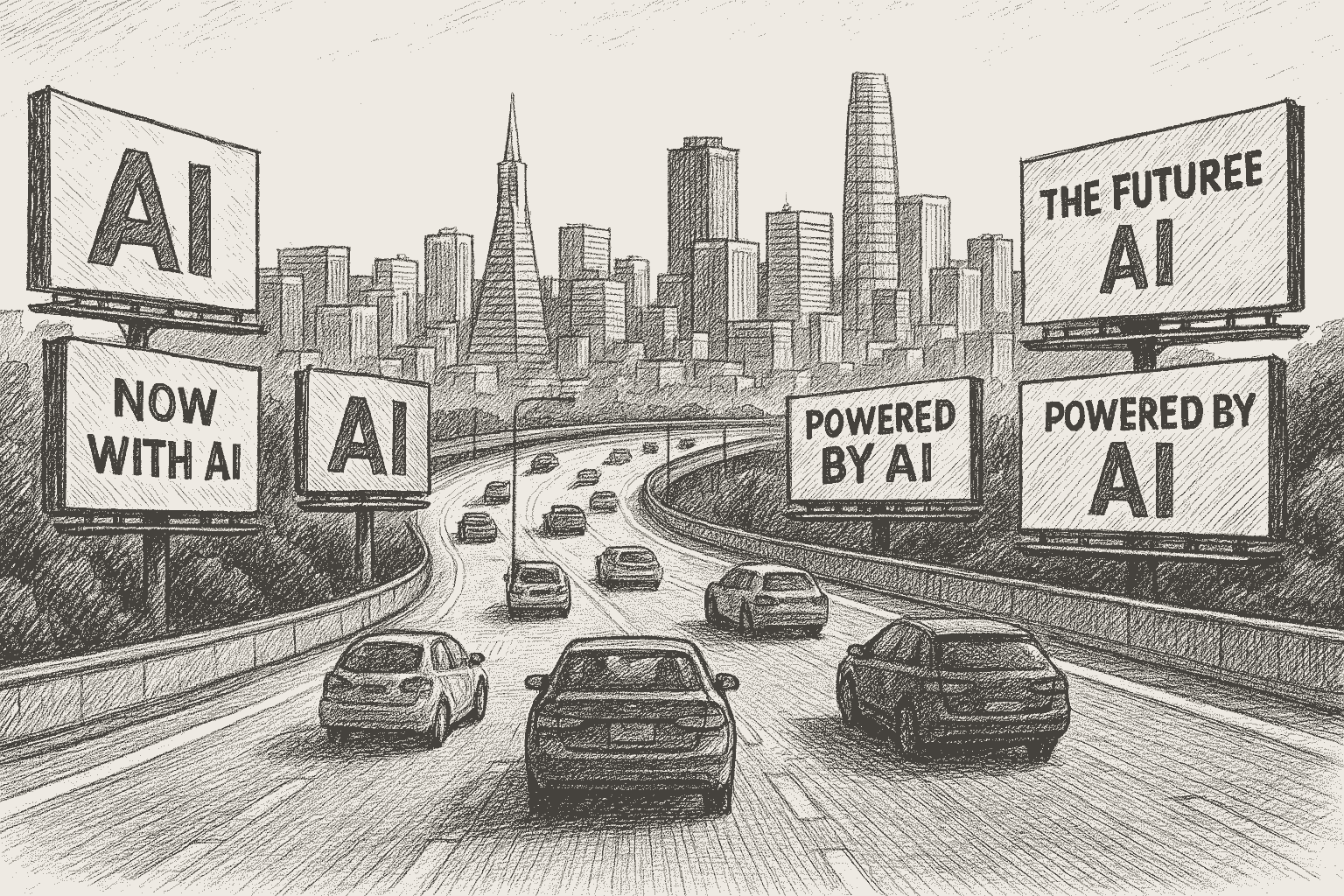Technology, Leadership, and the Future of Work

The Amnesia of Outages - A Culture Shift
When systems fail, most teams recover fast but reflect little. The Amnesia of Outages looks at why organizations forget the lessons of every incident, how incentives reward speed over resilience, and what it takes to break the cycle. True reliability isn’t built in code or tools. It’s a leadership choice.

In Your Face - Smart Glasses at Work
AI-powered smart glasses are coming to work. This article explores their impact on privacy, trust, and what HR, IT, and legal teams must decide quickly.

What Boards May Be Missing While Chasing AI
Boards chasing AI risk are missing critical blind spots. Learn how AI spending cuts into security, oversight, and governance, and why decision rights must adapt.

Superhuman Senses - Extending Human Perception
Whales sense magnetism, bats use echolocation, and bees see ultraviolet light. Technology enables humans to extend perception beyond their natural senses.

Digital Taste Technology and the Future of HCI
Among all the senses, taste remains the hardest to digitize. This piece looks at the technologies trying, and what they reveal about care, culture, and design.
